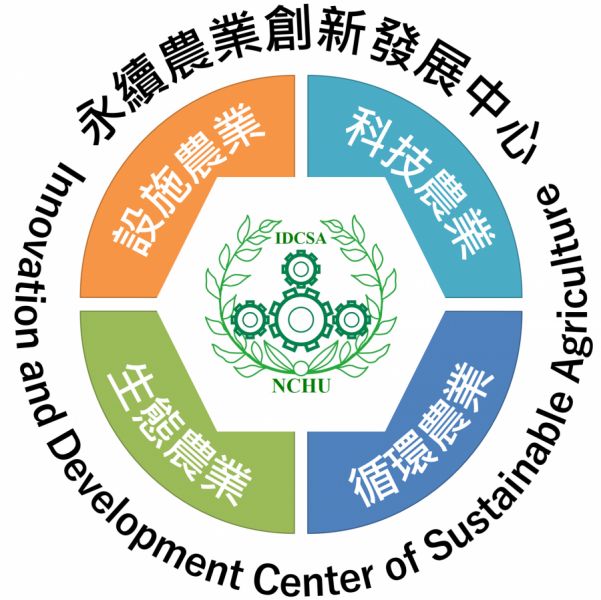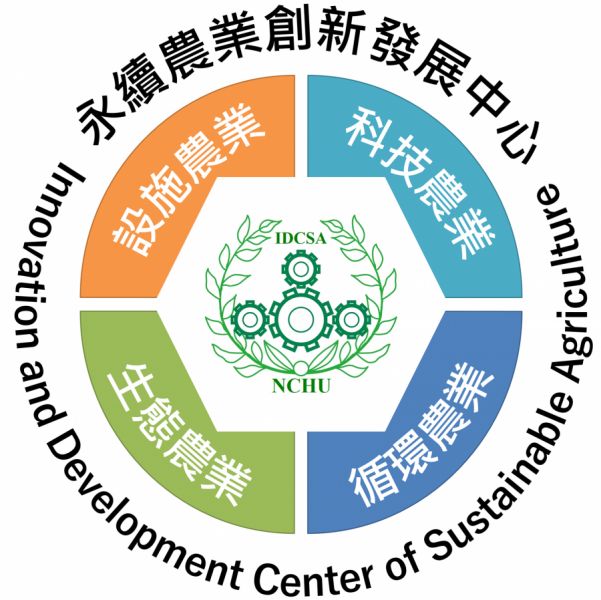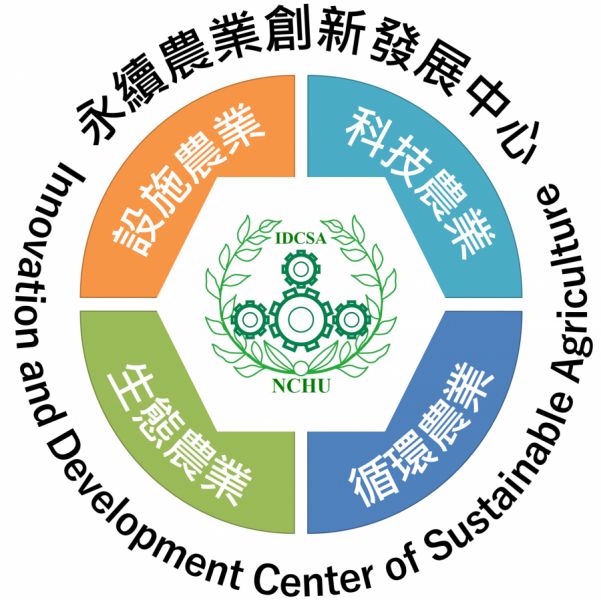(1) Proximal sensing techniques for soil organic matter (SOM) were developed for fast determination of SOM content on site.
(2) Spatial-temporal variation maps indicating the growth conditions of tea trees were produced using images collected by satellites and unmanned aerial systems. With domain knowledge and accompanied plant and soil sampling, low yielding mechanisms were identified. Best management practices were recommended to not only reduce the unnecessary applications of fertilizers and pesticides, but also increase the yield.
(3) non-pesticides chemicals were developed with intention to replace part of the pesticides, producing environmental friendly cultivation systems, protect farmers’ health, increase product food safety and raise consumers’ confidence on local products.
(4) The health risk assessment of Amaranth grown on cadmium polluted soil indicated that careful varietal selection and proper soil management can reduce the potential risk.
(5) Preservation technologies were developed to extend the freshness of agricultural products after long-range transportation and increase the competiveness of the products.

Figure. Research Acheivements(Subproject 12)
Figure. Professor Bo-Jein Kuo won the “Top Innovator Award” at the World Bank 2020 Agriculture Innovation Challenge for inventing “ Intelligent Fall Armyworm Monitoring”.




